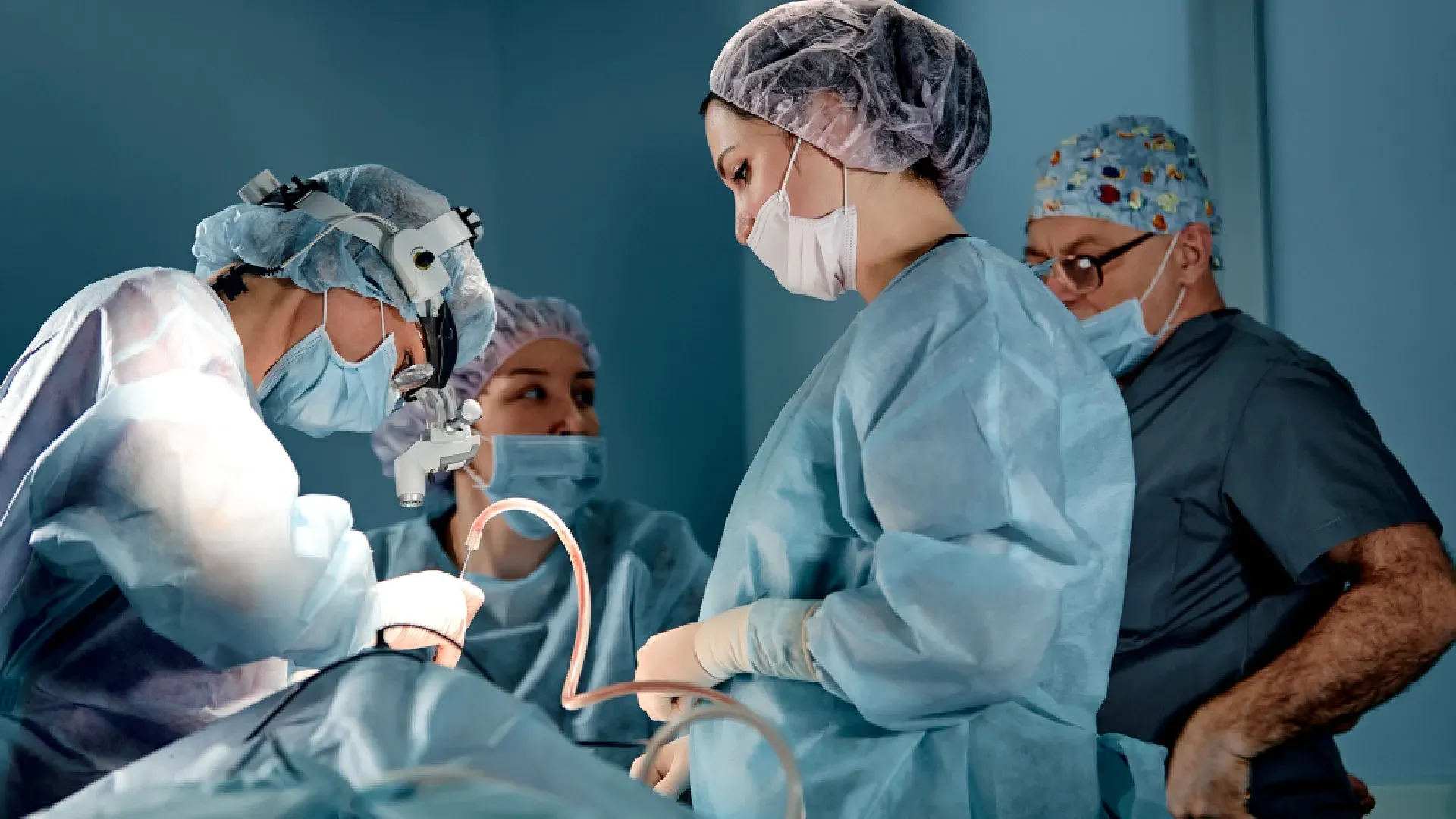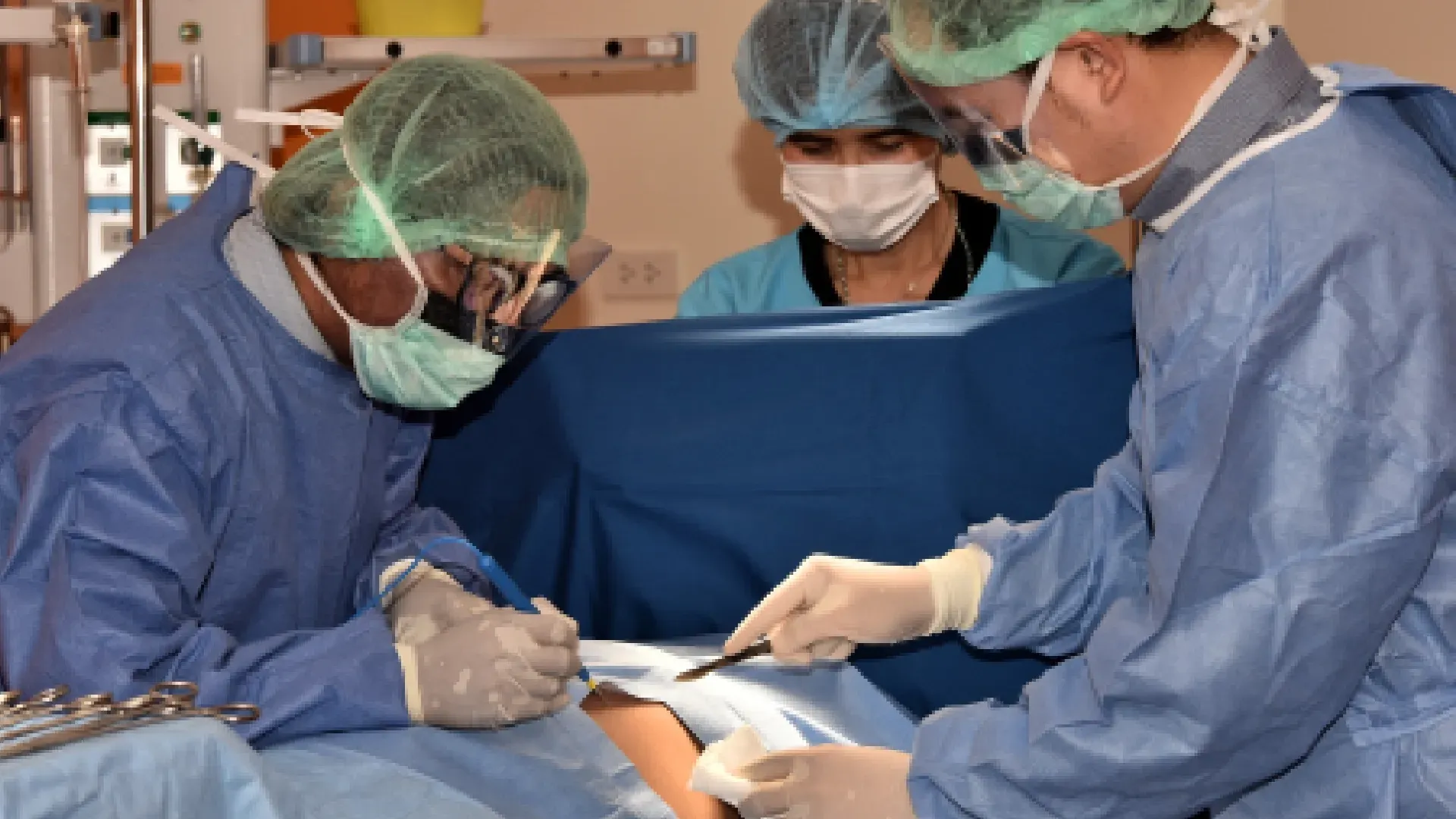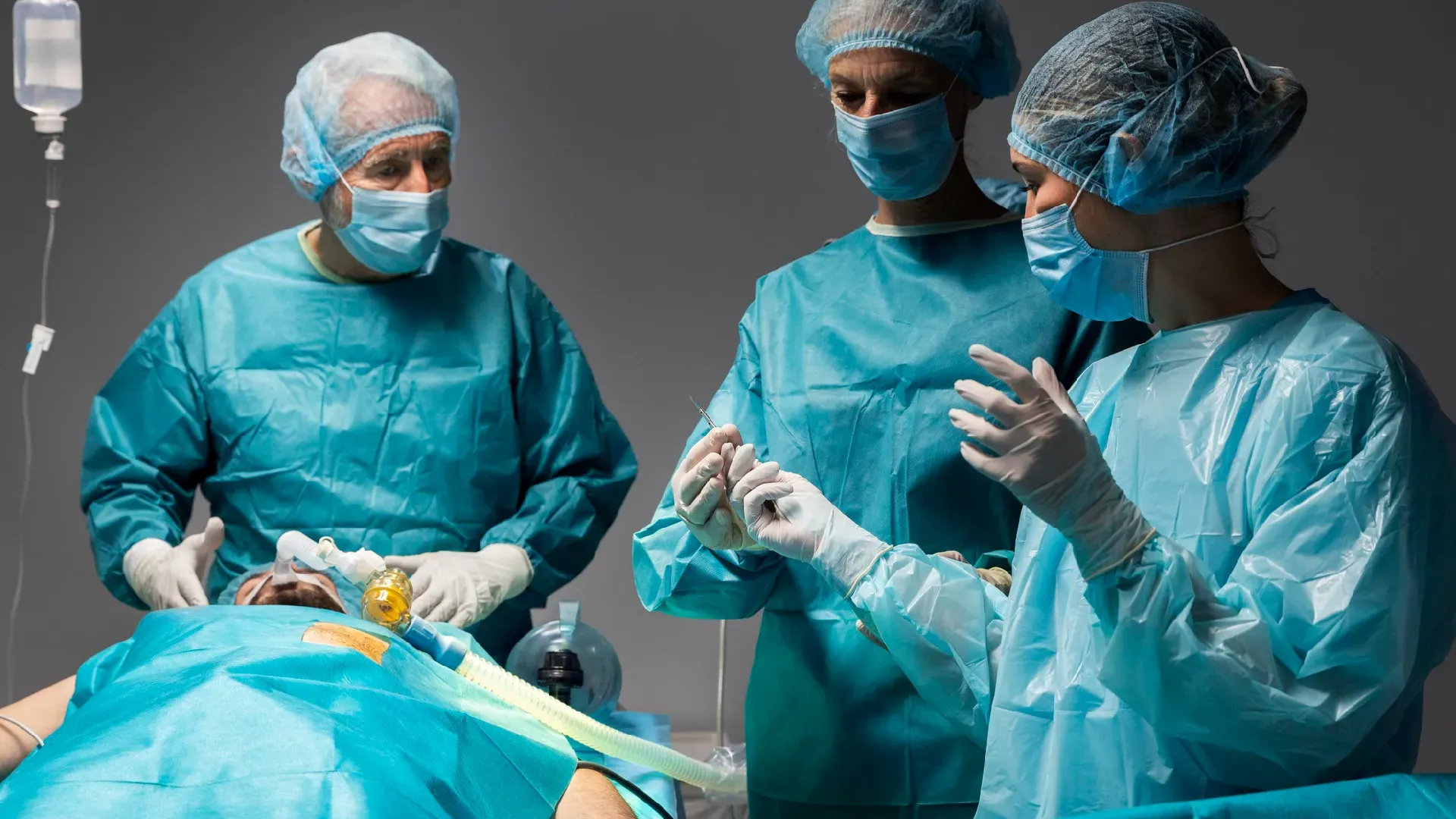March 17, 2025
In modern surgical care, the role of theatre nurses is more critical than ever. These specialised nurses are integral to the smooth operation of surgical procedures, ensuring patient safety, supporting surgical teams, and managing the complexities of the operating theatre. As healthcare evolves, the demand for highly trained theatre nurses is increasing, and their impact on patient outcomes is undeniable. In this blog, we explore how specialised theatre nurses contribute to better patient outcomes and why their expertise is crucial in today’s healthcare environment. The unique role of theatre nurses in surgical care Theatre nurses play a vital role in the surgical process, from preoperative preparation to intraoperative assistance and postoperative recovery. Their work directly influences patient safety, efficiency in the operating room, and the overall success of surgical procedures. 1. Preoperative care and patient preparation Before a surgery begins, theatre nurses assess patients, confirm their medical histories, and ensure all necessary preparations are in place. This stage is crucial in identifying any potential risks, such as allergies or underlying conditions that could affect anaesthesia or the surgical process. Theatre nurses also educate patients about what to expect before, during, and after surgery, which helps reduce anxiety and improve post-surgical compliance. Proper preparation ensures that surgeries proceed without unnecessary delays or complications. 2. Intraoperative support and surgical precision During the operation, theatre nurses work in two primary roles: Scrub nurses assist surgeons directly by preparing instruments, maintaining a sterile field, and anticipating the surgeon’s needs throughout the procedure. Their ability to anticipate and respond quickly ensures that surgeries run smoothly and efficiently. Circulating nurses oversee the broader surgical environment, ensuring sterility, monitoring patient vitals, and coordinating between surgical teams and external departments like pathology or radiology. Theatre nurses play a crucial role in preventing surgical errors by ensuring accurate instrument counts, maintaining sterile conditions, and assisting with intraoperative monitoring. Their expertise reduces the risk of infections, complications, and extended recovery times. 3. Postoperative care and patient recovery The impact of theatre nurses extends beyond the operating room. After surgery, they assist in monitoring patients, managing pain, and preventing complications such as blood clots or infections. Their vigilance in the immediate postoperative period ensures a smoother recovery process and reduces the likelihood of readmission. Additionally, theatre nurses educate patients and their families on post-surgical care, medication management, and warning signs of complications. Their guidance empowers patients to take an active role in their recovery, leading to better long-term health outcomes. The impact of specialised theatre nurses on patient safety Patient safety is at the core of every healthcare practice, and theatre nurses are instrumental in implementing protocols that reduce risks and enhance patient care. 1. Infection control and prevention One of the biggest risks in surgical procedures is infection. Theatre nurses are responsible for maintaining a sterile environment, ensuring proper hand hygiene, and following strict infection control protocols. Their vigilance significantly reduces the likelihood of post-surgical infections, which can lead to extended hospital stays and additional complications. 2. Error reduction and surgical accuracy Surgical errors can have severe consequences, but theatre nurses act as a safeguard against such risks. By conducting thorough preoperative checklists, verifying patient details, and ensuring all equipment is accounted for, they help prevent mistakes such as wrong-site surgery or retained surgical instruments. 3. Enhanced patient monitoring Theatre nurses are highly skilled in monitoring patient vitals during surgery, including heart rate, oxygen levels, and blood pressure. Their ability to detect early signs of complications allows for quick intervention, improving patient survival rates and reducing the need for prolonged hospitalisation. The evolving role of theatre nurses in modern healthcare With advancements in surgical techniques and medical technology, theatre nurses are taking on even more specialised responsibilities to enhance patient care. 1. Integration of advanced medical technology From robotic-assisted surgeries to AI-powered diagnostics, modern operating theatres are becoming increasingly technology-driven. Theatre nurses must continuously update their skills to work with cutting-edge medical equipment, ensuring they can support surgeons effectively and optimise patient outcomes. 2. Multidisciplinary collaboration Theatre nurses work closely with anaesthetists, surgeons, and post-operative care teams to create a seamless patient experience. Their ability to coordinate between departments ensures continuity of care, reducing recovery times and minimising complications. 3. Emphasis on patient-centred care Healthcare is shifting towards a more patient-centred approach, and theatre nurses play a key role in this transformation. By focusing on patient education, personalised care plans, and emotional support, they contribute to better patient experiences and improved long-term health. Addressing the shortage of specialised theatre nurses Despite their critical role, there is a growing shortage of specialised theatre nurses. Hospitals and healthcare facilities must prioritise recruitment and retention strategies to ensure a steady supply of skilled professionals. Agencies like Dispatch Nursing Agency are playing a crucial role in bridging this gap by connecting healthcare providers with experienced theatre nurses. Key strategies to attract and retain theatre nurses include: Competitive salaries and benefits to recognise the expertise required for theatre nursing. Professional development opportunities to encourage ongoing learning and career progression. Flexible work arrangements to improve work-life balance and prevent burnout. A supportive work environment that fosters collaboration and values the contributions of theatre nurses. Conclusion Specialised theatre nurses are at the heart of successful surgical procedures, ensuring patient safety, supporting medical teams, and improving post-surgical outcomes. Their expertise in infection control, surgical precision, and patient care makes them indispensable in modern healthcare. As the demand for surgical procedures continues to rise, investing in skilled theatre nurses is crucial for maintaining high standards of patient care. Dispatch Nursing Agency is committed to providing healthcare facilities with top-tier theatre nurses who can make a real difference in surgical outcomes. If you are looking to hire experienced theatre nurses or seeking opportunities in surgical nursing, contact Dispatch Nursing Agency today to find out how we can support your staffing needs.











